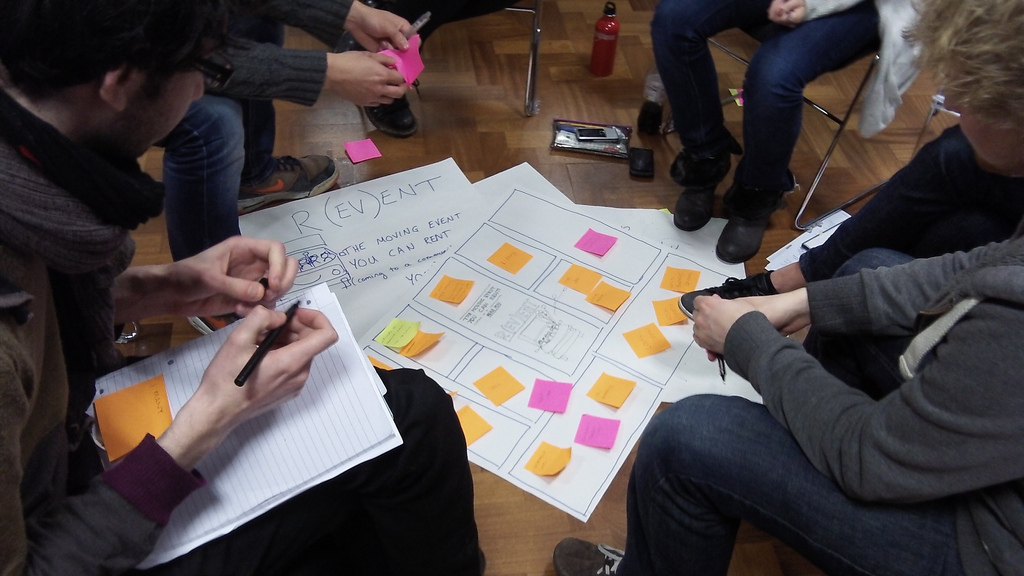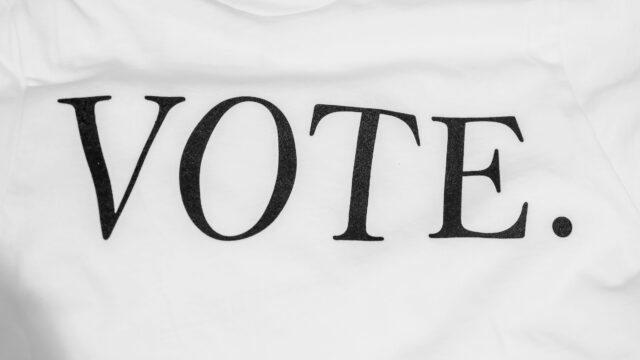When starting a new business, the business idea is the basic foundation of all things to follow. It provides the core framework of the potential venture and hence, is an important part to factor in to the business. A good idea is likely to yield a good business and similarly, a bad idea yields an unsustainable business. It is for this simple reason that the validation of business ideas becomes not only important, but also necessary for those who hope to succeed in their ventures.
So why test a business idea? When a business idea is put to test, certain aspects of its nature are scrutinized, maybe even criticized, but ultimately the idea turns out to be refined and better than it was originally. It is, after all, highly unlikely that a single mind would have thought of all the right things pertaining to the idea. Here are some ways to validate your business idea before starting up:
1. Test the Target Market.
A popular method of evaluating the validity of a business idea is by testing the target market. It’s simple logic to understand that the customers you intend to promote your goods and/or services for, play an important role in the determination of your business viability. A survey among potential clients yields a lot of information about your idea; an idea to provide a service can only be validated if the intended customers are individuals who would actually use the service.
Furthermore, surveying the targeted market aids the entrepreneur to determine whether or not the business idea is intended for the right audience, which is very important for any business. Feedback from customers generally yields invaluable, real-time feedback that is priceless in the long run.
2. Seek Feedback.
Another method that entrepreneurs may employ is discussing the idea with the people that they know. The audience could be their family and relatives, or friends and acquaintances, or even professionals. Many individuals tend to avoid this method, citing various reasons like the fear of someone else copying the idea and ultimately succeeding at making it their own. While this possibility cannot be entirely ruled out, the odds say that it is not likely at all.
Anyways, the advantage with this process can be summarized simply in the phrase, “Two heads are better than one’. More people critically analyzing a business idea assist in detection of faults, flaws and errors that may have been previously overlooked by the individual who came up with it. It is in such analysis that aspects such as viability, profitability and validity are scrutinized. In addition, major improvements in the form of slight changes and suggestions, all of which should be noted down, tend to come up when an idea is discussed by different minds.
3. Engage in Self-Assessment.
The desire to make over-the-top product sales or have one’s services being required universally, may sometimes drive the entrepreneur into trying out unfeasible, impractical ideas. Hence, self-assessment has become a recommended method of testing business ideas before starting up. The idea behind this process is that the entrepreneur acts as the sample market for the product or service he/she intends to deal in.
The entrepreneur needs to know whether or not they themselves would engage in trade with the business that they intend to start up; if they would pay for the good/service, and so on. In most cases, the truth of the matter is that if the one wouldn’t use their own business services, then it is highly unlikely that others would.
4. Use Smoke Tests.
Using a smoke test is also another excellent way to determine whether a business idea is valid or not. Smoke tests generally involve the implication of the idea that the business idea has already materialized, and mainly aims to study the market environment for an idea had it actually started up.
The entrepreneur can disseminate information on the service or product to be provided, and watch for the market response. A good response often means that the business idea is also good and feasible – because it has an actual target market, not just a theoretical one.
5. Find Mentors and Advisors.
People who have engaged in business before, may provide valuable information to individuals who are just starting up. Being in the industry longer often grants individuals better judgment when it comes to business ideas, and so it is always wise to seek advice from such individuals, i.e. mentors and advisors. A successful professional, particularly in the entrepreneur’s field of interest, will provide good critiques and feedback for improving/changing a business idea that will eventually help in validating the same.
Photo Source: NavigatorNic













